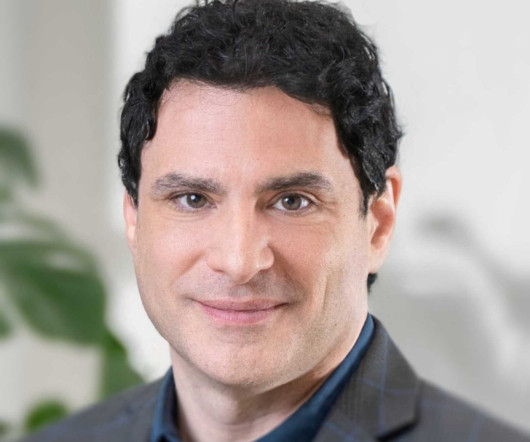Employers believe this is the age you’re too old to hire. This is why they’re wrong
Work Life
JUNE 29, 2024
Years ago, when my firm was just getting established, I was pitching for a new creative contract. I brought along an older male consultant who had wrinkles, a pot belly, thinning hair, and a 30-year-old portfolio of corporate speech writing. I wanted him to accompany me because I was attempting to fend off ageism as an insecure, self-conscious, entrepreneur scared to go alone into a dark wood-paneled boardroom, feeling that my experience was not commensurate with my talent.











Let's personalize your content